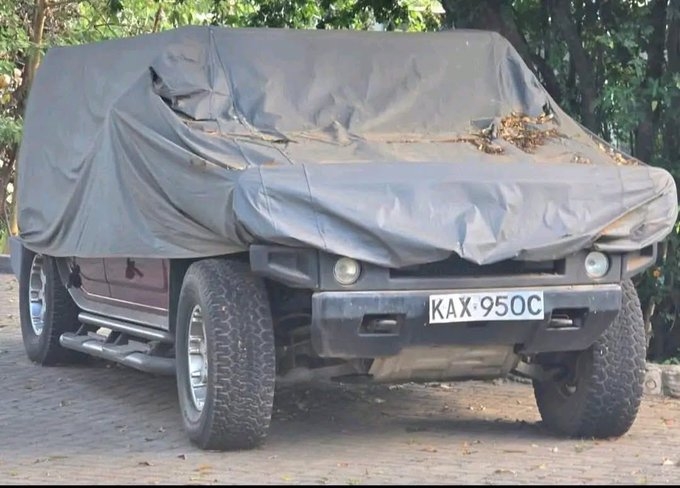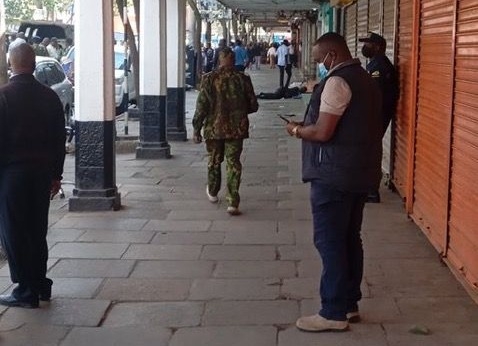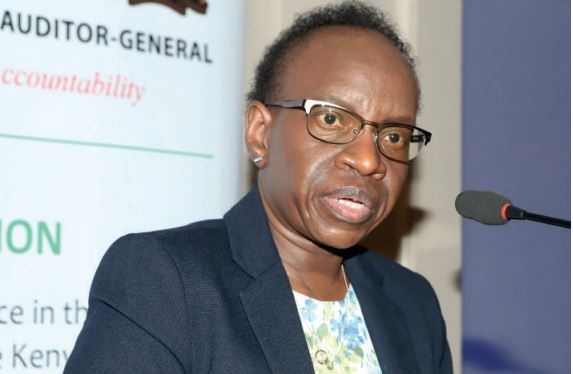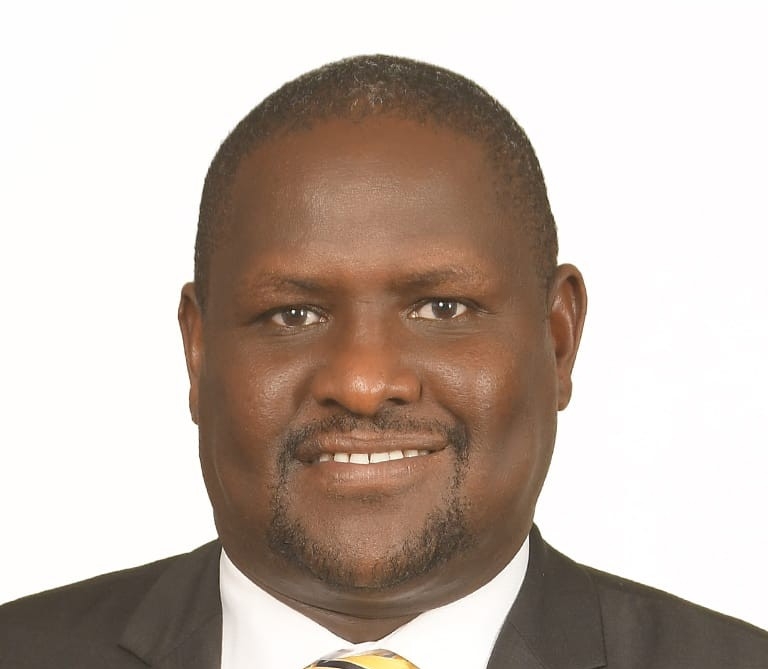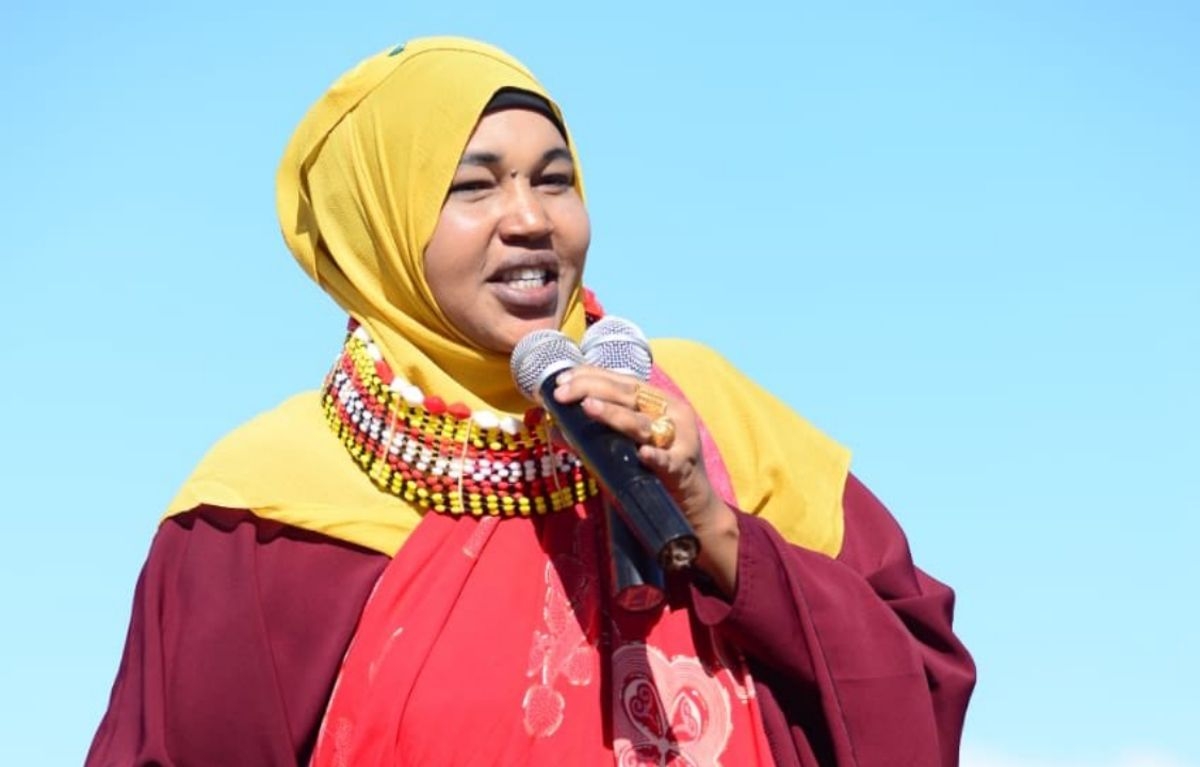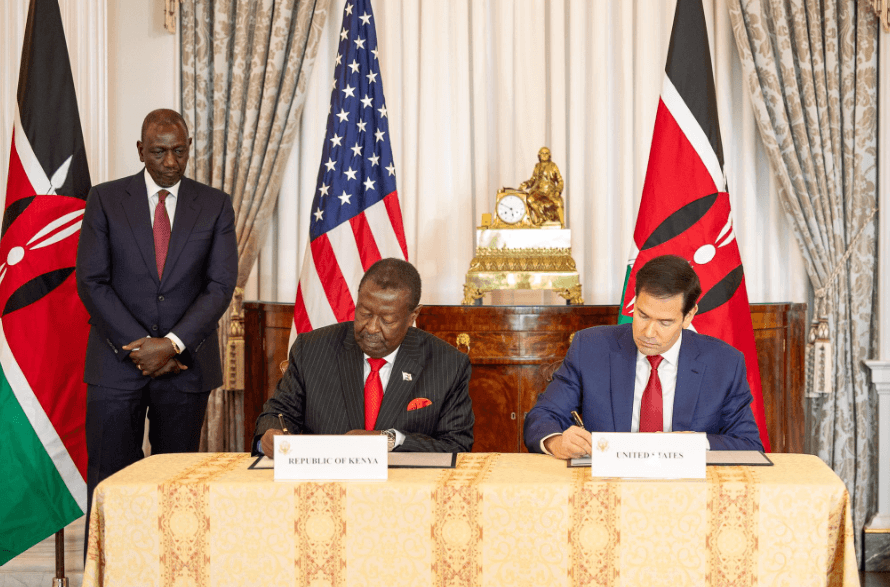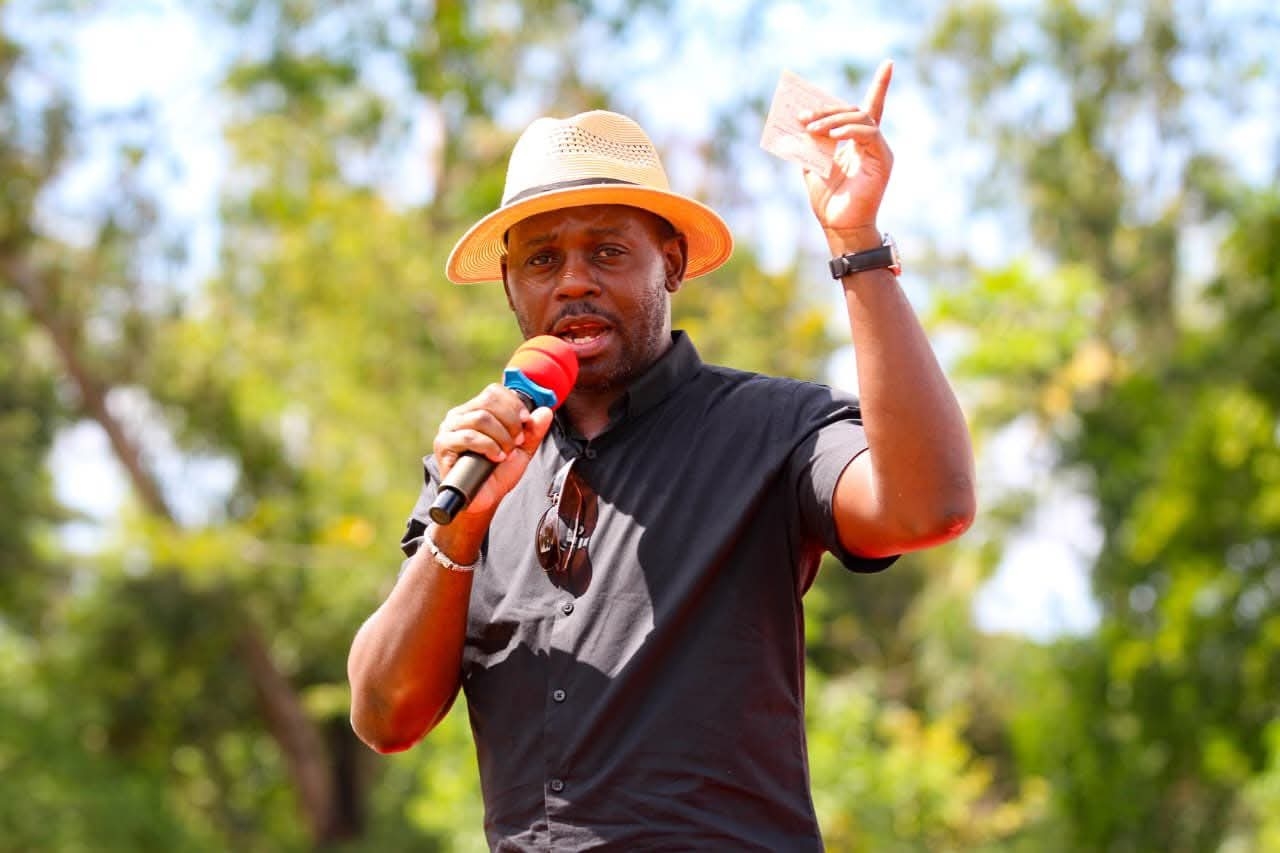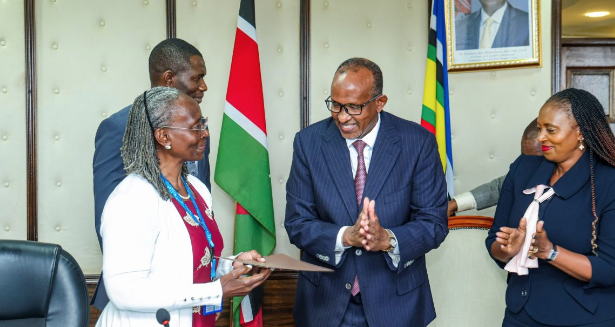
The Committee on Tissue and Organ Transplant Services has recommended the establishment of a robust deceased organ donation programme to reduce reliance on living donors.
In its report, the Committee highlighted that the country’s current organ donation system is severely limited, noting that most transplants are dependent on living, related donors.
This, the report says, has significantly constrained the availability of critical organs, especially hearts, lungs, livers, and corneas, which can only be transplanted through deceased donations.
“To achieve the above objective, the government will engage the public, polity, religious, and cultural groups to increase awareness, benefits, safety, and acceptability of deceased organ donation,” the Committee stated.
Deceased organ donation, also known as donation after death, involves harvesting organs and tissues for transplantation after a person has been declared legally dead, either through brain or circulatory death.
Organs commonly donated include kidneys, hearts, livers, lungs, and pancreases, while tissues such as corneas, heart valves, skin, and tendons can also be donated.
The Committee emphasised that operationalising a deceased donor programme will require significant investment, including the creation of a national organ procurement organisation to coordinate all activities related to deceased organ donation.
It also called for the development of comprehensive training
programmes for healthcare professionals across the country, focusing on
accurate brain death determination, deceased donor management, and transplant
coordination.
“It is essential to build capacity in both public and private health facilities to handle the ethical, clinical, and operational demands of a functional deceased organ transplant system,” the Committee added.
The Committee is chaired by Prof. Elizabeth Anne Bukusi and was appointed by Health Cabinet Secretary Aden Duale to assess the ethical, legal, and clinical frameworks governing organ and tissue transplant services in Kenya.
The team includes a diverse mix of experts—clinicians, legal scholars, ethicists, public health specialists, and a patient advocate.
The move to review the transplant framework came in response to rising public concern and allegations of malpractice, including fears of organ trafficking and unethical transplant procedures.


